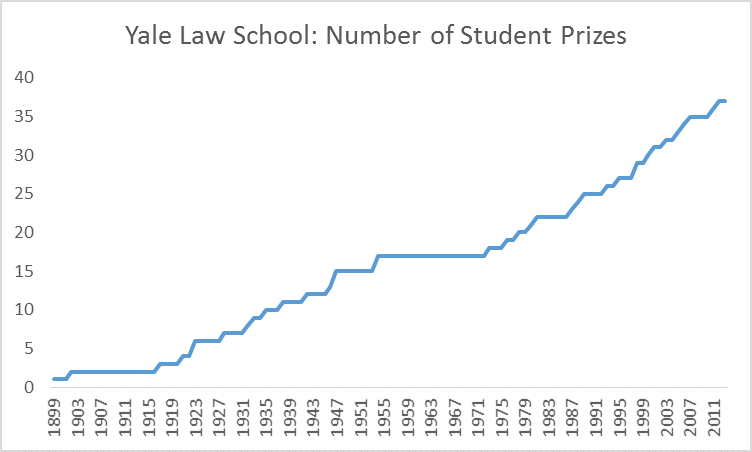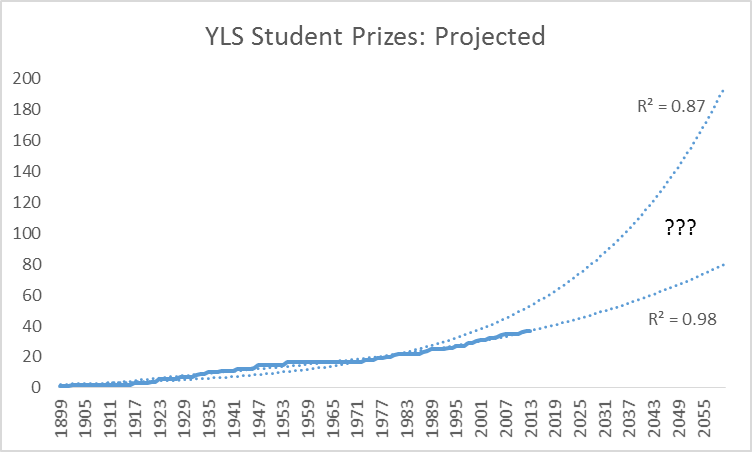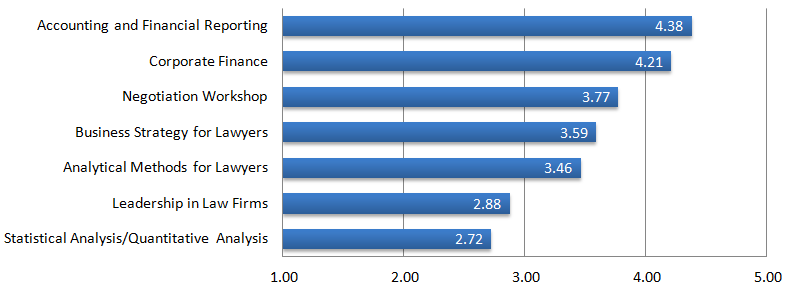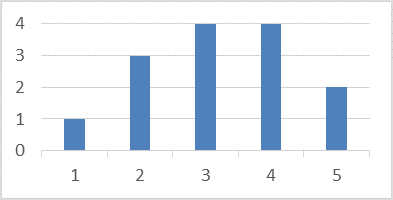I received an email today announcing Duke Law School’s new Human Rights Center, Human Rights @ Duke Law:
Duke Law provides an integrated approach to human rights education, advocacy and scholarship that places students at the intersection of human rights theory and practice, domestically and abroad.
The Center includes a Human Rights Clinic. Its website says:
Types of clinic projects include those that: apply a human rights framework to domestic issues; involve human rights advocacy abroad; engage with international institutions to advance human rights; and/or address human rights in U.S. foreign policy.
Its new director says:
I am committed to enabling Duke Law students to make human rights work in a globalized world. This means developing clinic projects and practice opportunities that are both innovative as well as reflective of and grounded in sound and rigorous lawyering and legal analysis. By addressing the role of law and lawyers in engendering social change, the clinic and its students will advance the frontiers of human rights law and advocacy in ways that are smart, strategic, and impactful.
This sort of stuff is hardly unique to Duke. Many law schools have something like it: a Human Rights Center or Program explicitly devoted to advocacy as well as education and research, with a clinic through which students “practice” human rights law under the supervision of a lawyer. The only thing that distinguishes Duke is that they sent me spam about their program.
So I don’t mean to pick on Duke alone when I raise the following questions:
1. How many students actually do become human rights lawyers? Do the numbers justify the resources devoted to human rights centers and programs?
2. Is it appropriate to create centers in a university that combine research/education, on the one hand, and advocacy, on the other. Is it possible that a commitment to advocacy may interfere with research and pedagogical commitments?
3. What does human rights advocacy mean, anyway? Does it mean making claims based on the law, or does it mean making political and ideological arguments? Does it matter what these arguments are, or must they be connected in some way to a law school’s mission?
4. Is there a difference between “human rights” as a moral or political ideal, and “human rights law.” If so, do clinics pay attention to this difference?
5. Should law schools set up clinics that advocate for Christian ethics? Neoconservative ideals? The platform of the Democratic party? Are these missions different in kind from human rights?
6. Do law schools with Human Rights Programs–and other programs whose missions explicitly combine advocacy with education and research–monitor these programs in order to ensure that they act consistently with the law school’s mission, whatever it is? If so, do they issue public reports with their findings? If they do, I’d like to see them.



